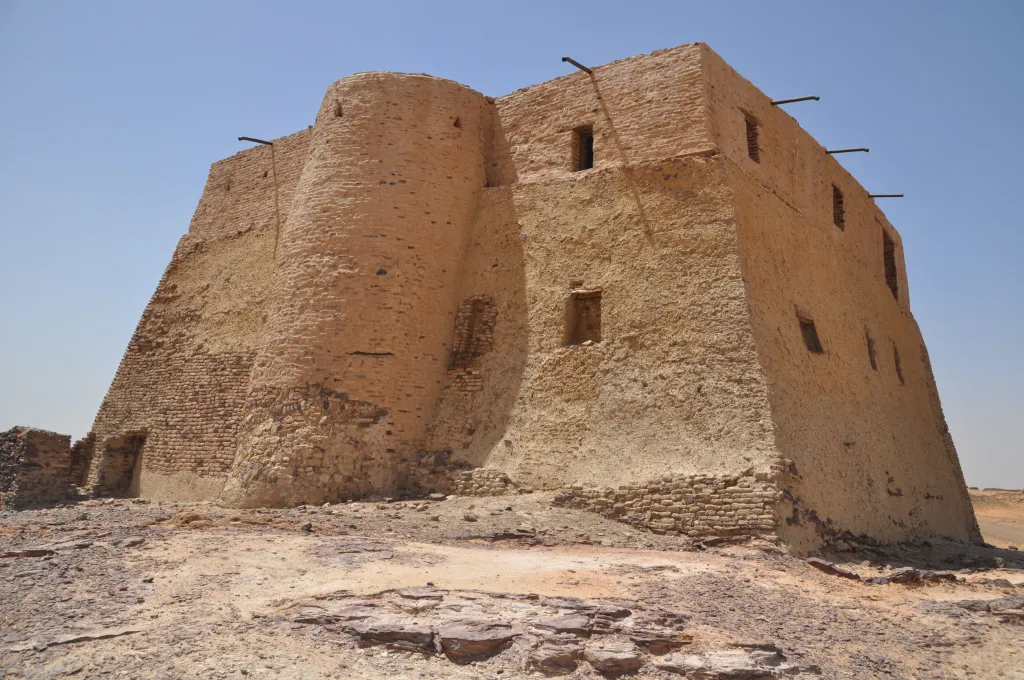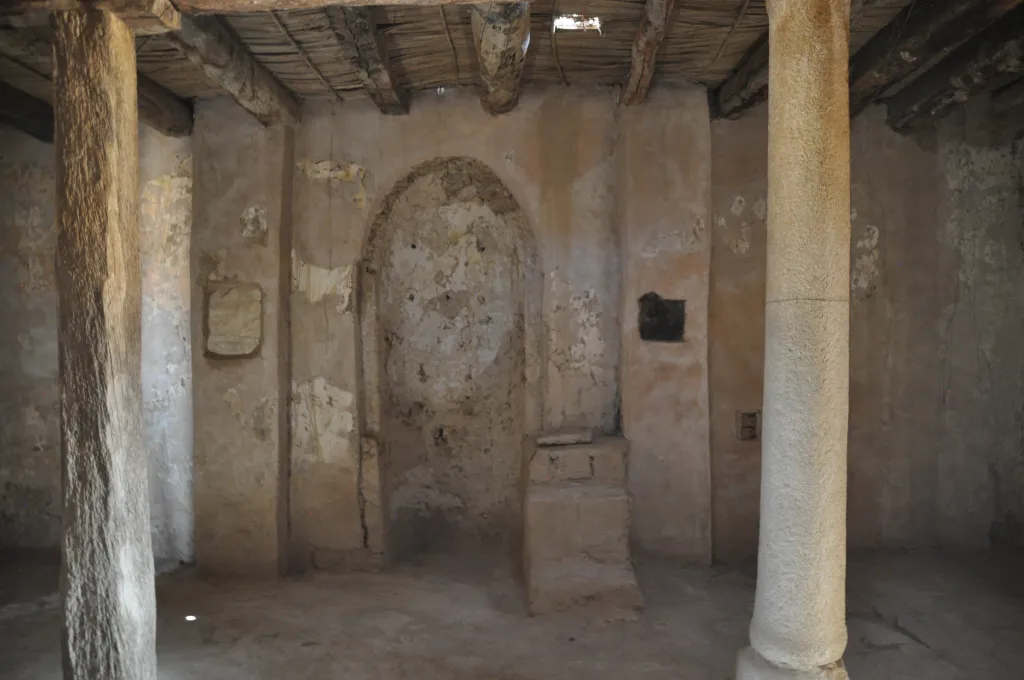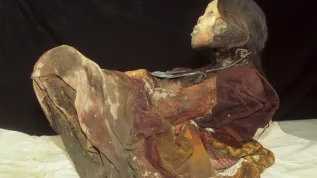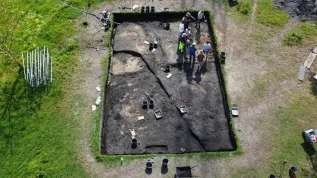
The oldest mosque in Sudan, located in Old Dongola, will be revitalised by an international team of experts as part of a grant awarded to the Polish Centre of Mediterranean Archaeology, University of Warsaw (PCMA UW) by the ALIPH foundation. $1 million has been awarded for this purpose.
The structure is a large, two-story building, 12 m high, which dominates the landscape of Old Dongola (Tungul). According to the PCMA UW press release, it was originally built as a throne hall or church in the early 9th century, and in 1317 it was converted into a place of worship for Muslims. It served the communities for over 600 years, until 1967, when it was closed due to structural instability and the construction of new mosques in nearby villages.
According to the Polish Centre of Mediterranean Archaeology UW, the ALIPH foundation awarded USD 1 million for work related to the documentation of the building, structural stabilisation and opening it for to visitors from the country and the world. The task will be carried out by an international group of Polish, Sudanese, and Japanese experts, led by Dr. Artur Obłuski, PCMA UW director and head of the archaeological expedition to Old Dongola. The project will be carried out in cooperation with the Sudanese National Corporation for Antiquities and Museums (NCAM).
The Polish team will include specialists from the PCMA UW, Warsaw University of Technology, Academy of Fine Arts in Warsaw, and Poznan University of Life Sciences
‘The team will relocate a colony of bats, inhabiting the building, stabilize the structure and conserve the polychrome wall paintings and historical inscriptions on the walls’, we read in the release.
The team working in Dongola collaborates closely with local communities, including the local Imam and Sheikhs, to develop an exhibition space and engagement programs focusing on Islamic heritage of Old Dongola. Workshops and hands-on capacity building programs will be part of the project; young Sudanese experts will be trained in wallpainting conservation, and local residents and students will delve into engagement program design and visitor tours to raise awareness of heritage protection.
Old Dongola was the capital of the Kingdom of Makuria from the 5th to the 14th century. Makuria was a powerful kingdom that occupied the area from the Second to Second Cataract to the Fifth Cataract of the Nile. From the 16th century onwards, under the Funj Sultanate, it developed as a regional political centre and hub for teaching of Islam.
Polish scholars have pioneered research on the Medieval Nubian Kingdoms in Sudan. A PCMA UW expedition has been working in Old Dongola since 1964. Research work in this place has intensified in recent years. Dr. Artur Obłuski received two grants from the European Research Council for this purpose: the ERC Starting Grant in 2017, and ERC Consolidator in January 2023.
PAP - Science in Poland
szz/ agt/ kap/
tr. RL
Gallery (2 images)
-
 1/2Credit: Tomomi Fushiya/CAŚ UW
1/2Credit: Tomomi Fushiya/CAŚ UW -
 2/2Credit: Tomomi Fushiya/CAŚ UW
2/2Credit: Tomomi Fushiya/CAŚ UW













